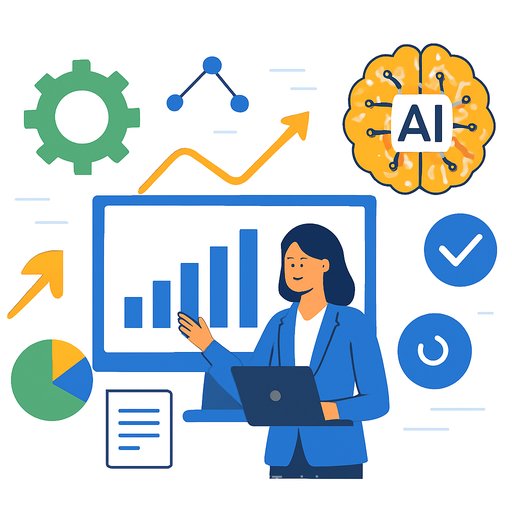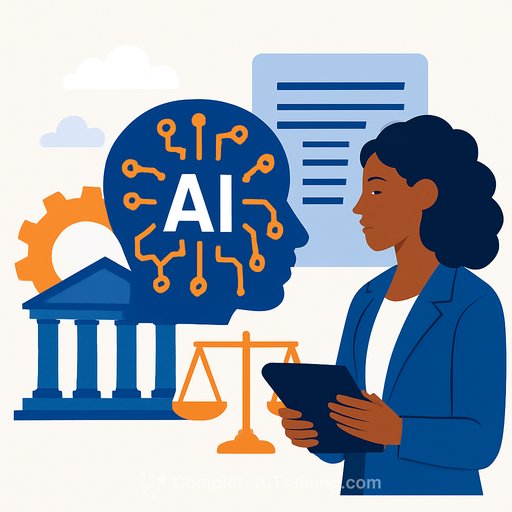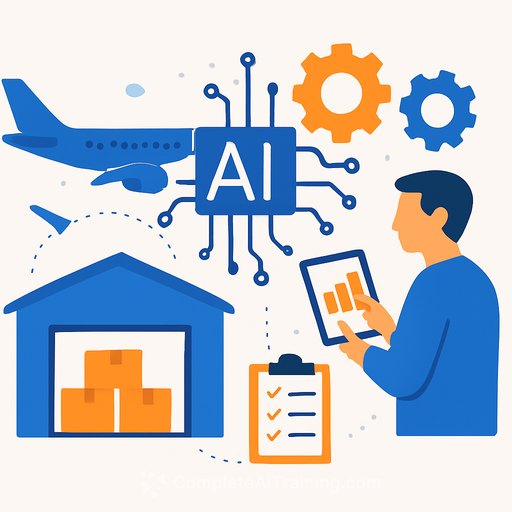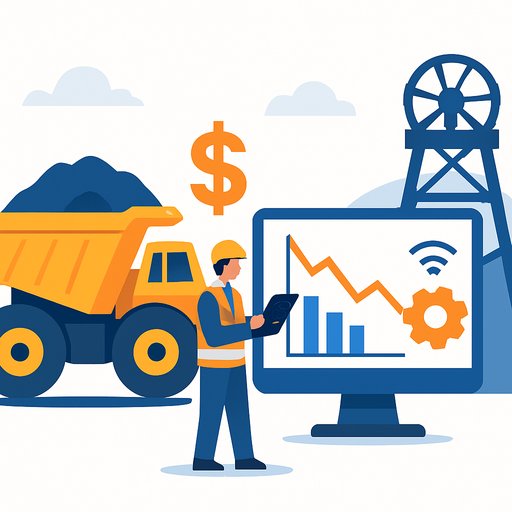Driving value: how AI is quietly improving bp's operations
Release date: 15 October 2025 * 2.5 min read
AI is now embedded in bp's day-to-day operations - from subsurface imaging to retail logistics. The focus is simple: make better decisions, run safer, and grow margin across the value chain.
"Throughout bp, we're building strong data foundations, leveraging our technical and commercial expertise, and applying our AI capabilities to drive operational value." - Emeka Emembolu, executive vice president, technology
Why AI matters to operations now
bp is growing its core oil and gas business, sharpening its customer and products business, and investing in the transition with discipline. AI supports that plan by improving safety, strengthening decision quality, and lowering unit costs.
In practice, that means more productive fields, more responsive trading, and higher retail margins - all driven by faster insight and fewer manual bottlenecks.
Where frontline gains are showing up
Well design has been compressed from weeks or months to less than a day. Teams can now cycle through hundreds of well trajectories, compare scenarios, and select the optimal path from surface to reservoir. That compresses engineering cycle time and reduces risk.
Seismic imaging is another step-change. Data volumes have outpaced human review. AI helps geophysicists surface patterns in complex datasets, supporting better decisions in hydrocarbon field development.
Priority: put AI and data in every operator's workflow
Two near-term priorities stand out. First, give every employee access to practical AI - from GenAI inside Palantir's Foundry to Microsoft Copilot for daily tasks. Second, build a shared data backbone so decisions are informed by trusted, real-time operational data.
This is coming together through a unified data platform with Databricks and Palantir. With the right foundation, teams can ask, "How many fuel pumps are operational across 13,000+ stations?" or "How are gas compressors running?" and get answers that trigger action. AI can spot patterns, predict outages, and kick off the steps that keep equipment online.
Learn more about unified data platforms
Scaling with the right infrastructure
bp moved early on digital in upstream and is now scaling across the enterprise. More than 95% of data already sits in the cloud. High performance compute capacity is being quadrupled. With strong partners, the enterprise is moving past pilots and into production deployment where impact compounds.
What operations leaders can do next
- Map the top 5 value levers per asset (throughput, uptime, yield, energy use, quality) and tie each to a measurable AI use case.
- Standardize data taxonomies for equipment, events, and work orders. Good labels speed AI impact.
- Instrument critical assets (pumps, compressors) and stream sensor data to a single platform for monitoring and prediction.
- Set simple governance: model owners, data SLAs, and a feedback loop from frontline to data teams.
- Put GenAI into daily SOPs: draft shift handovers, generate maintenance summaries, and surface anomalies for review.
- Start with one site or line, prove ROI in 90 days, then scale patterns - not one-off pilots.
If you're building team capability for these workflows, explore practical upskilling paths for ops roles: AI upskilling for operations teams.
Your membership also unlocks:






